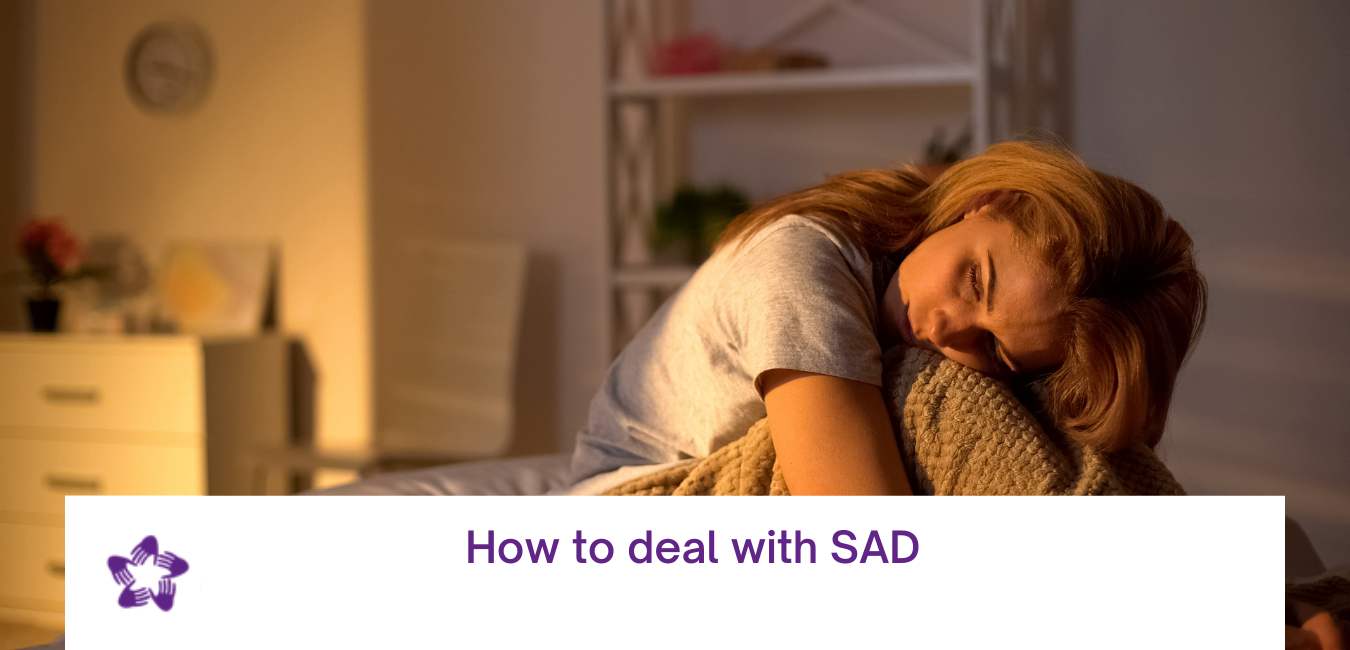We are now in Winter and many of us feel down at this time of year. However, there is a difference between feeling down because of the weather and experiencing SAD, says Stephen Buckley, from mental health charity Mind. “Many people feel more cheerful and energetic when the sun is shining and the days are longer, but if you have SAD the change in seasons has a much greater effect on mood and energy levels, leading to symptoms of depression that have a significant impact on day-to-day life.”
SAD is a type of depression characterized by its recurrent seasonal pattern, with symptoms lasting about 4 to 5 months per year. The signs and symptoms of SAD include those associated with major depression, and some specific symptoms that differ for winter-pattern and summer-pattern SAD. (NIMH – https://www.nimh.nih.gov/health/publications/seasonal-affective-disorder)
SAD symptoms:
• Feeling depressed most of the day, nearly every day
• Losing interest in activities you once enjoyed
• Experiencing changes in appetite or weight
• Having problems with sleep – e.g. oversleeping (hypersomnia)
• Feeling sluggish or agitated
• Having low energy
• Feeling hopeless or worthless
• Having difficulty concentrating
• Having frequent thoughts of death or suicide
• Weight gain and overeating, particularly with a craving for carbohydrates
• Social withdrawal (feeling like “hibernating”)
What Causes SAD?
Scientists do not fully understand what causes SAD. Research indicates that people with SAD may have reduced activity of the brain chemical (neurotransmitter) serotonin, which helps regulate mood.
Other findings suggest that people with SAD produce too much melatonin—a hormone that is central for maintaining the normal sleep-wake cycle, causing increase tiredness.
Deficits in vitamin D may exacerbate these problems because vitamin D is believed to promote serotonin activity.
Although it is not known exactly what causes SAD, steps can be taken to alleviate its symptoms.
Treatments are available that can help many people with SAD.
• Practice yoga
• Work on a positive mindset
• Listen to music
• Light therapy
• Psychotherapy
• Antidepressant medications
• Vitamin D
To find out more click HERE – https://www.mind.org.uk/information-support/types-of-mental-health-problems/seasonal-affective-disorder-sad/about-sad/
How to deal with seasonal affective disorder

